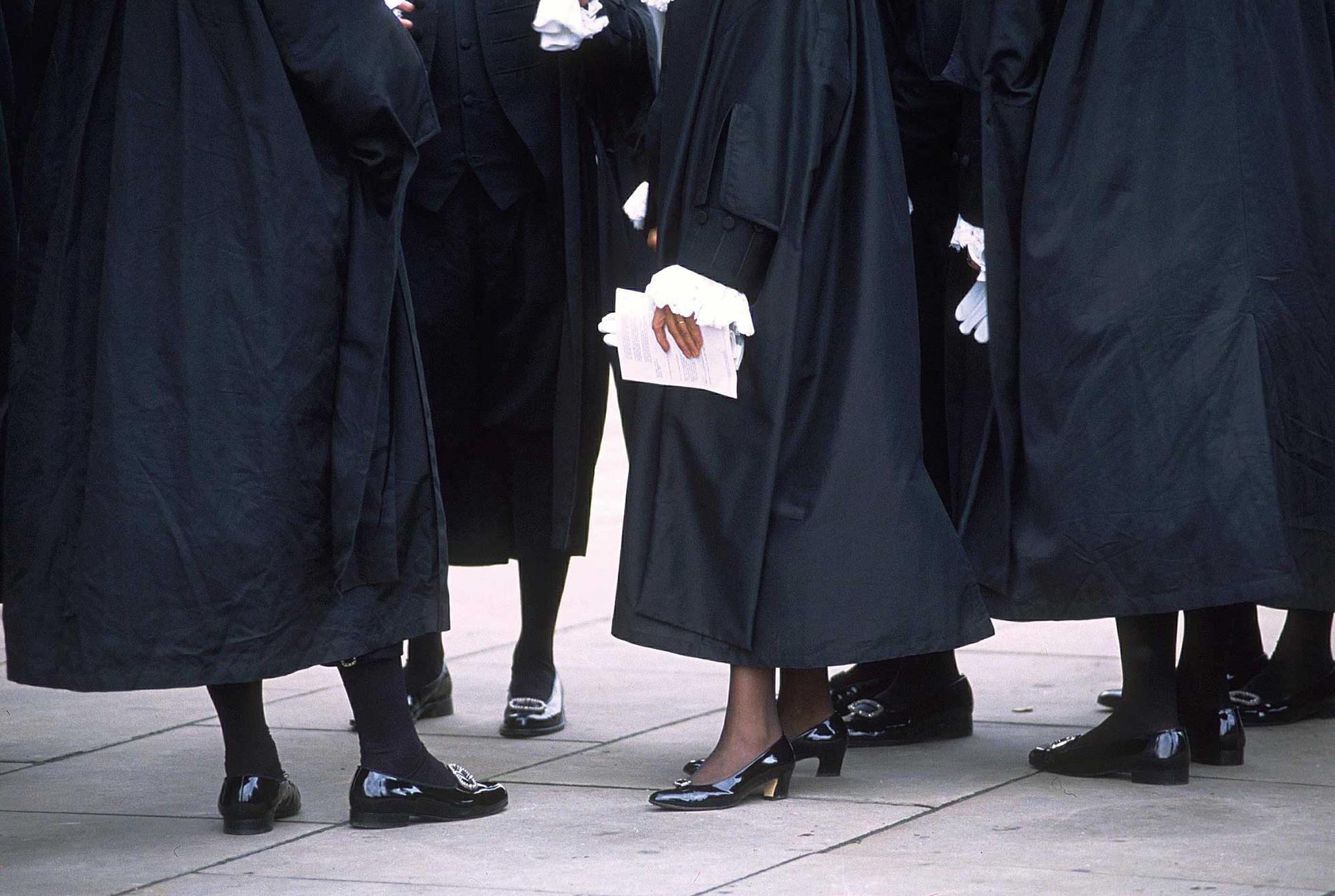Happy New Year to all. Here's
to prosperity, health and peace for all in 2014. Here's also to much-needed
changes in the three following areas:
1. Women and the glass ceiling.
Sadly the glass ceiling is
still there. I'm reminded it lurks, invisibly, in a great many sectors of
society. Women work hard, perform brilliantly and every bit as well as, if not
better than, men, only to find that access to the top positions is often
denied. Whether through patriarchy, or chauvinism, or sexism; on occasion even
through conspiracy. The fact is that women still don’t get a fair deal.
Take, for example, the law.
Today's City firm in London will have a raft of corporate social responsibility
(CSR) programmes and policies, implemented because the firm's partners recognise
that they need to give something back.
And yet for all the CSR, for all the positive PR it yields, often those
very same firms still have partnerships in which men vastly outnumber women.
It is the same in so many
other sectors of the legal profession - which is why the news just before
Christmas that women, for the first time in history, have been recommended for
more judicial posts than men was so welcome. The Law Society Gazette reported the news, which comes from statistics released
by the Judicial Appointments Commission.
It transpires that across 17
selection exercises for court and tribunal posts completed between April and
September in 2013, 280 (52%) of those recommended for appointment were women,
compared with 233 men (30 recommendees declined to identify their gender).
Yes, a judge should attain
his or her role regardless of gender and solely on fitness for the job, but
after centuries in which women have been explicitly or tacitly treated as
second class citizens this news is good, and hopefully the trend will continue
making equality a reality.
2. Hillsborough and the law on secondary liability.
As a football fan I
thoroughly enjoyed the Boxing Day we've just had, when - for the first time in
an age - every single league team in England was in action, along with all the
teams from the Scottish Premier League. But amid the feast of football, I
couldn't help but think ahead to this year's 25th anniversary of the
Hillsborough disaster.
We all know the facts. At
Sheffield Wednesday's historic ground on 15 April, 1989, 96 fans died in a
terrible crush early on in an FA Cup Semi-Final between Liverpool and
Nottingham Forest. The crush resulted in injuries to a further 766 people.
Those involved ranged from children to the elderly. The tragic incident is
Britain’s worst-ever stadium-related disaster.
But what we don’t all know is
how the law has dealt with the disaster. It was, thanks to the ruling in Alcock v Chief Constable of South Yorkshire Police [1992] 1 AC 310, a disaster of
its own kind for what the law describes as ‘secondary victims’: those who were
not primarily affected, in the sense that they were injured or in danger of
injury, but who suffered harm because of what they witnessed.
Alcock severely restricts
their ability to bring claims for post-traumatic stress disorder thanks to
arbitrary 'control mechanisms' created by the court. Chief among them is the
requirement that a claimant must perceive a 'shocking event' with his or her
own senses, either as an eye-witness or happening upon its immediate aftermath.
This means that if a father saw his son crushed via television footage, or if
he arrived some 30 minutes after the incident, he would not be able to bring a
claim.
The Alcock ruling and its
criteria for recovery for psychiatric harm has been described "a patchwork
quilt of distinctions which are difficult to justify". Set against what we now
know to be the truth of Hillsborough, this is true. We need to revisit Alcock
and campaign for a change in the law so that real justice is available for
victims of psychiatric injury. APIL are planning to do just that and they need our every support.
3. The notion of justice.
Just before Christmas I wrote
of War On Welfare's admirable success with its e-petition, which has now garnered
enough signatures for force a parliamentary debate on a number of issues which
affect the sick and disabled, not least the present government's seemingly
obsessive desire to implement cuts in this area. WOW's work has been tireless and fantastic,
and we must all do our bit to maintain its momentum, but so too should we
continue to fight the systemic erosion of formerly sacred legal principles with
which the government also seems to be engaged.
I am mindful in particular of
the proposals to reduce the availability of judicial review and the apparently endless attack on what used to known simply as 'legal aid'.
What has happened to the
notion of justice? Why is it now so rife with 'cost considerations'? What has
happened to the days of absolute legal principles, with which no government - other than a dictatorship - would dare to tinker?
Three of my wishes for 2014,
then, are for the end of the glass ceiling, due recognition of the rights of
those who suffer psychiatric injury and a restitution of our fundamental
commitment to justice. Oh, and while we're at it, how about a change to
nomenclature in the courts - is the term 'master' really what
we need for a judicial officer in the civil justice system, women included? Or is a remnant of the very sexism and unthinking patriarchy that preserves the glass ceiling?

No comments:
Post a Comment